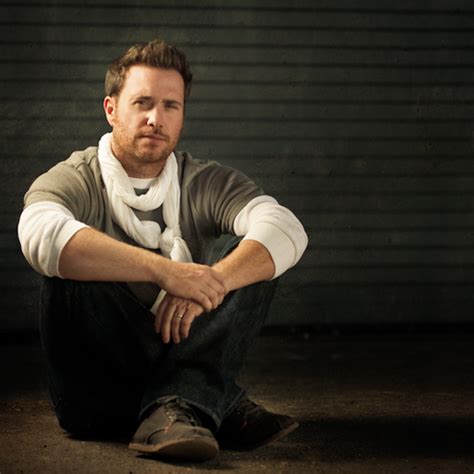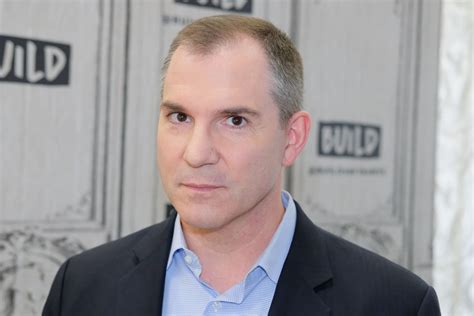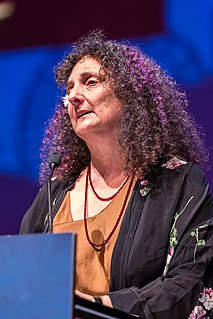A Quote by Ben Edwards
It simply is not cost affective to cover stories from independent sources.
Related Quotes
I have to tell you with regards to global warming that that's something, which, you're right, the scientists haven't entirely resolved, but no question about one thing, it's getting warmer, and a lot of good reasons for us to use less energy, to use it more efficiently and to develop sources here in this country that could allow us to be more independent of foreign sources.
The problem with Wal-Mart is that it's a business model premised on offering the customer low prices at any cost - any cost to society, any cost to workers. They've got a lot of competition and have influenced people to follow their model through simply providing a model that is so successful at making profits.
We still write too many stories that are "state of the race" stories that are informed almost solely by what the polling shows and by what we're then deducing about who's up, who's down, and I'm just not sure that's very helpful to readers, it certainly doesn't elevate the debate and, and the problem is if you, if you cover these things, and I don't think the Times is particularly culpable, I think other news organizations are worse, if you cover them in an entirely "who's up, who's down" horse race way.
Will biofuel usage require land? Absolutely, but we think the ability to use winter cover crops, degraded land, as well as using sources such as organic waste, sewage, and forest waste means that actual land usage will be limited. Just these sources can replace most of our imported oil by 2030 without touching new land.
Dolls, perhaps more than any other object, demonstrate just how thin the line between love and fear, comfort and horror, can be. They are objects of love and sources of reassurance for children, coveted prizes for collectors, sources of terror and horror in numerous movies, television shows, books, and stories.
Let's put it this way. I question whether 6 million Jews actually died in Nazi death camps. There are two major sources for Holocaust stories. One is the Nuremburg war-crimes trial, which has been shown by all honest historians to be a farce of justice. Another source is the great body of literature and media work, and at least 90% of that material is from biased Jewish sources.



































